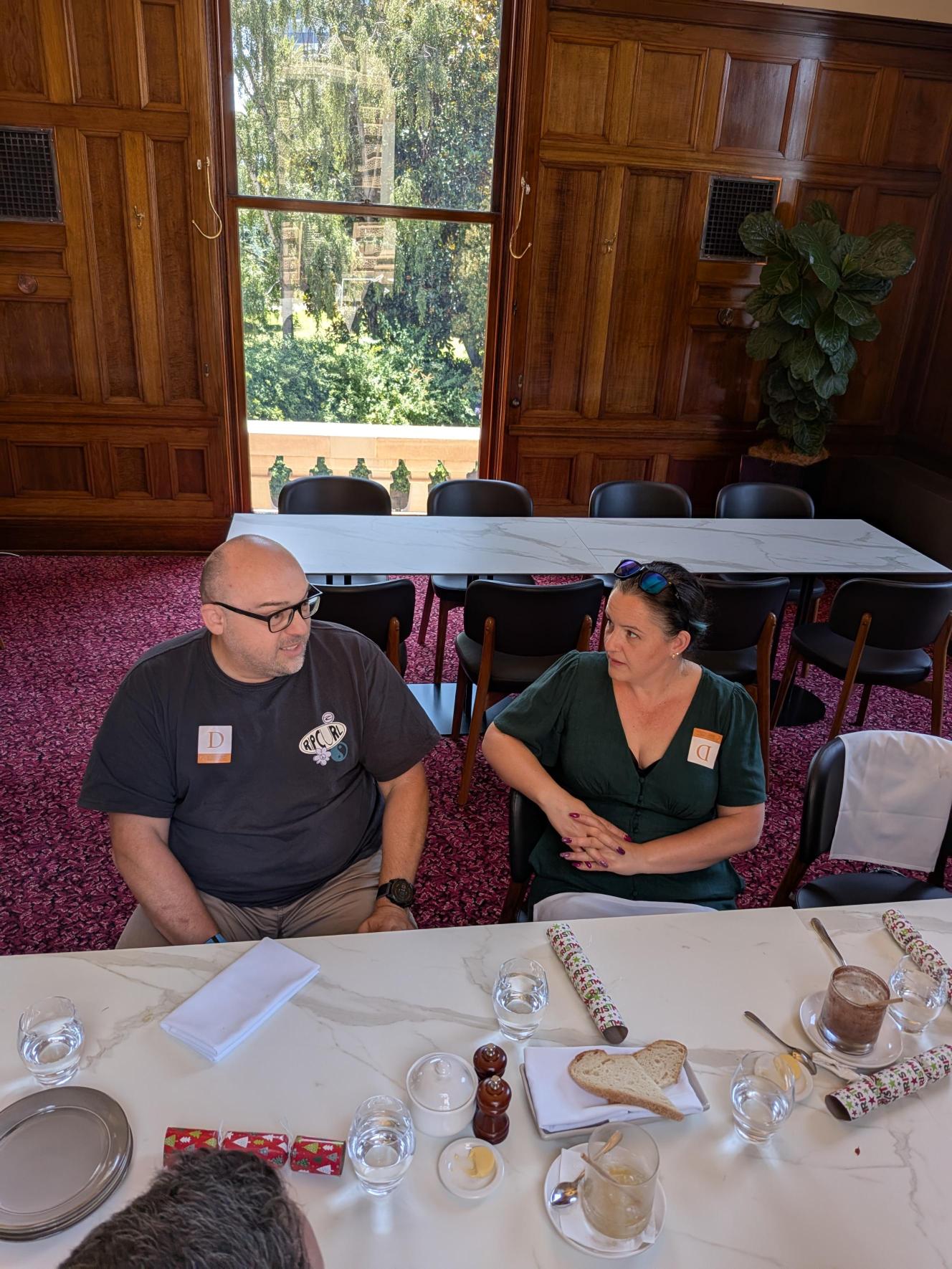NDIS Price Guide
Transparent pricing for all our NDIS services and support coordination
Our Clients
We support participants with various disabilities and complex needs, providing comprehensive NDIS services tailored to individual requirements. Our expertise spans across multiple disability types and we work collaboratively with various services to ensure holistic care.
Disabilities We Support:
Collaborate with child protection services for comprehensive care
Support culturally and linguistically diverse communities
Specialized support for Indigenous clients
Complex family support including housing and social challenges

Support Coordination
Support coordination services for NDIS participants
Level 2 Support Coordination
07_002_0106_8_3
Specialist Support Coordination (Level 3)
07_004_0132_8_3
Psychosocial Recovery
Psychosocial recovery coaching services
Psychosocial Recovery Coaching - Weekday Daytime
07_101_0106_6_3
Psychosocial Recovery Coaching - Weekday Evening
07_102_0106_6_3
Psychosocial Recovery Coaching - Weekday Night
07_103_0106_6_3
Psychosocial Recovery Coaching - Saturday
07_104_0106_6_3
Psychosocial Recovery Coaching - Sunday
07_105_0106_6_3
Psychosocial Recovery Coaching - Public Holiday
07_106_0106_6_3
Direct Support Services
Direct support services for participants
Employment Support
10_016_0102_5_3
Skills Development and Training
09_009_0117_6_3
Community Access
Community access and recreational activities
Access Community Social and Rec Activities - Weekday Daytime
04_104_0125_6_1
Access Community Social and Rec Activities - Weekday Evening
04_103_0125_6_1
Access Community Social and Rec Activities - Saturday
04_105_0125_6_1
Access Community Social and Rec Activities - Sunday
04_106_0125_6_1
Access Community Social and Rec Activities - Public Holiday
04_102_0125_6_1
Self-Care & Domestic Support
Self-care and domestic support services
Assistance With Self-Care Activities - Standard
01_011_0107_1_1
Assistance With Self-Care Activities - Weekday Evening
01_015_0107_1_1
Assistance With Self-Care Activities - Saturday
01_013_0107_1_1
Assistance With Self-Care Activities - Sunday
01_014_0107_1_1
Assistance With Self-Care Activities - Public Holiday
01_012_0107_1_1
Assistance with Personal Domestic Activities
01_004_0107_1_1
Documentation Requirements
Required documentation for each participant with minimum billing hours
Support Plan
Create, finalize, and review a standard Support Plan. NDIS support coordination must document both a support plan and a risk assessment including strategies for emergency and disaster scenarios. Support coordinators are required to work collaboratively with participants (and their support networks) to develop support plans encompassing needs, preferences, strengths, goals, and necessary support strategies. NDIS audits registered providers ensuring these plans are updated and in place.
Emergency Plan
Create, finalize, and review an Emergency Plan for disaster planning. NDIS support coordination must document both a support plan and a risk assessment including strategies for emergency and disaster scenarios. Registered providers are audited by NDIS ensuring they provide personal emergency management plans tailored to the participant’s needs. • These personal plans must be communicated in accessible formats, regularly reviewed, and tested with the participant and their network
Vulnerability estimated
Create, finalize, and review a standard Vulnerability Assessment. • Risk assessments must be regularly conducted and documented within the support plan, considering how heavily a participant relies on services and the potential impact if services fail. NDIS expects that vulnerabilities to emergencies and how critical supports will be managed or maintained are identified and managed.
Important Note
All documentation charges are billed according to the relevant NDIS Price Guide rates and appear separately on invoices.

Why Documentation is Required
Support Plans
- • Person-centered care approach
- • Consistency and continuity
- • Risk management strategies
- • Compliance with NDIS standards
Emergency Plans
- • Participant safety protection
- • Service continuity assurance
- • High-risk module obligations
- • Quality & safeguards compliance
Vulnerability Assessments
- • NDIS Code of Conduct compliance
- • Conflict of interest prevention
- • Informal support sustainability
- • Participant wellbeing protection
Ready to Get Started?
Contact us today to learn more about our NDIS support services and how we can help you achieve your goals.
Contact Us Today